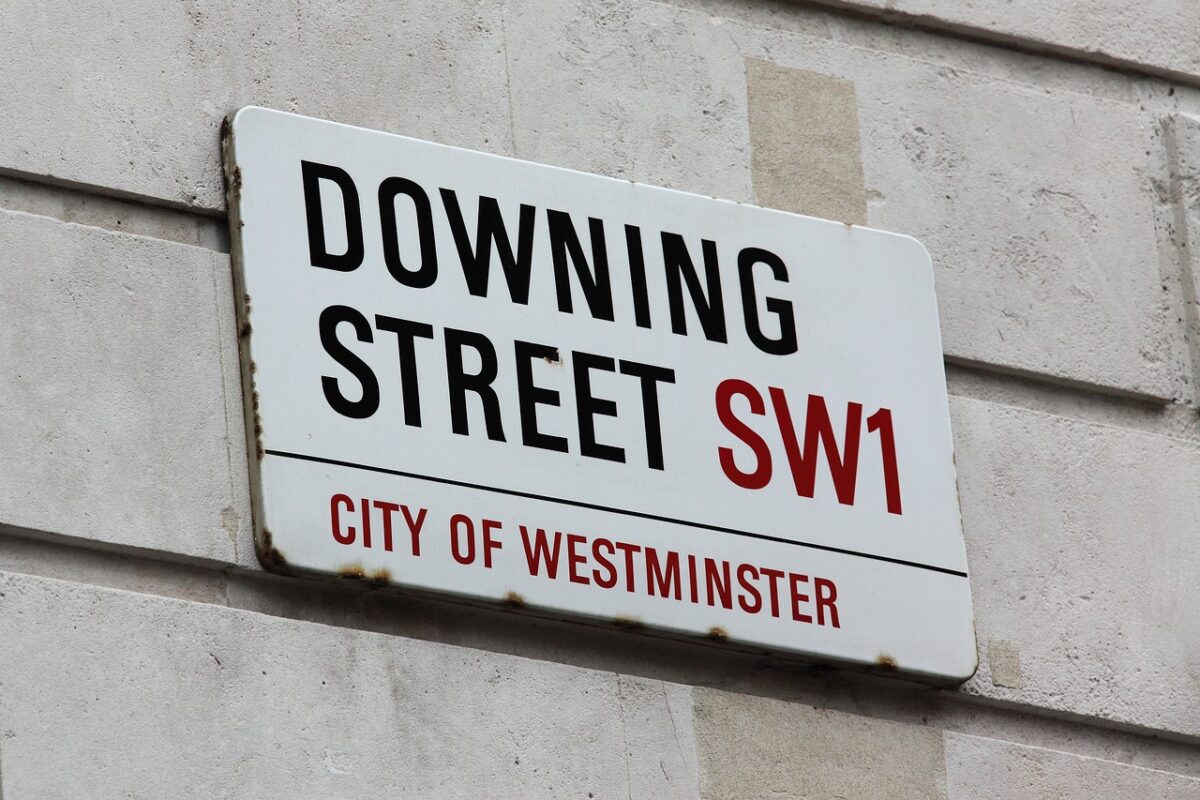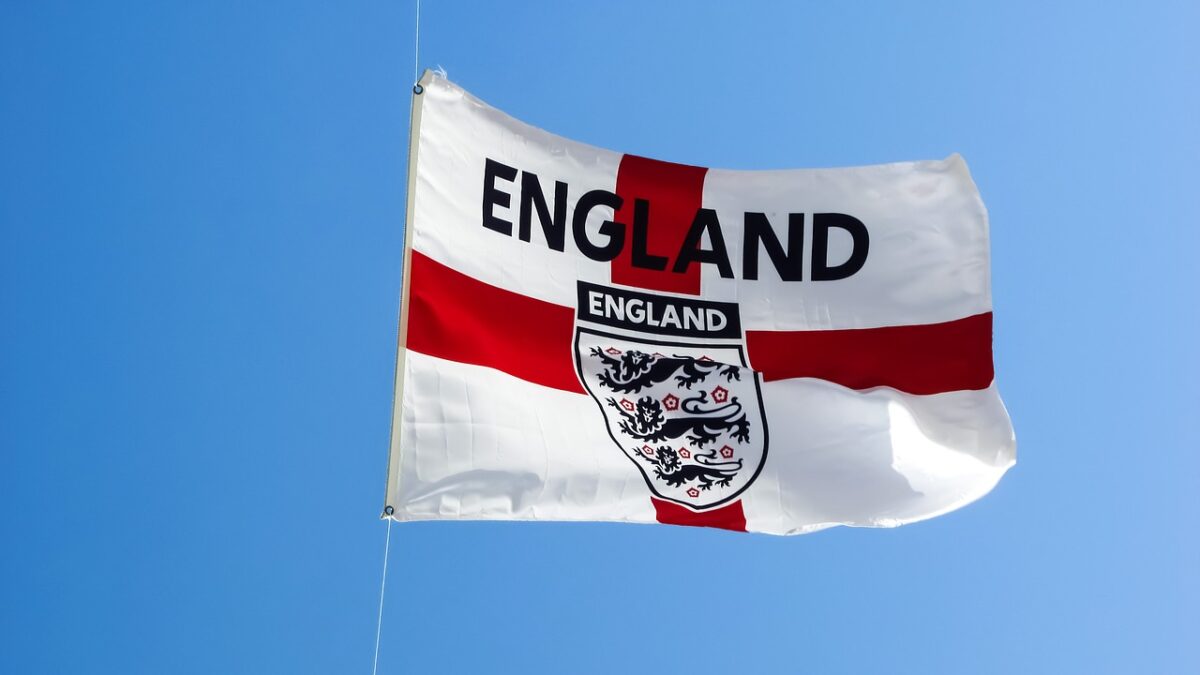Does Your Name Affect Your Career Prospects?

You might have heard about a book called “Freakonomics” by Steven D. Levitt and Stephen J. Dubner. If you haven’t read it, I would highly recommend that you should. How does this book relate to your name and your career?
The answer is that Steven Levitt did research in the States which showed that if you had a “white” name, you got significantly more interviews compared with if you had a “black” name. Levitt did the study by having exactly the same CV, but only changing the name, then distributing to employers.
The fact is that yes, those with “black” names got asked to interviews less often than those with “white” names.
What is interesting, though, is that the study went on further and examined the educational level of the two races, along with the educational level of your parents. The study found that there was a correlation between a parent’s background and the success of their child. A fact that is widely accepted.
The study further looked at the job prospects of a white and a black child, living in the same neighbourhood. It found that the career prospects were similar, meaning that race and names were not a factor, but your parents’ background is.
The above is nicely summarised by the authors:
“The data show that, on average, a person with a distinctively black name—whether it is a woman named Imani or a man named DeShawn—does have a worse life outcome than a woman named Molly or a man named Jake. But it isn’t the fault of his or her name. If two black boys, Jake Williams and DeShawn Williams, are born in the same neighbourhood and into the same familial and economic circumstances, they would likely have similar life outcomes. But the kind of parents who name their son Jake don’t tend to live in the same neighbourhoods or share economic circumstances with the kind of parents who name their son DeShawn. And that’s why, on average, a boy named Jake will tend to earn more money and get more education than a boy named DeShawn. DeShawn’s name is an indicator—but not a cause—of his life path.”
I got reminded of this chapter of the book after seeing a BBC article where they had sent out two CVs of equally qualified candidates. One went under the name “Adam”, the other “Mohamed”. Out of the 100 applications made, “Adam” was offered 12 interviews, “Mohamed” 4.
Even though this was a very small study, it does raise a couple of questions:
- Are recruiters racially biased? If they are, is it because they are racist, or is it based purely on experience; if a recruiter has found that certain names, and in turn backgrounds, result in a less employable person, they might now just not bother, in their eyes, wasting their time in contacting them.
- Are employers specifying (illegally) that they want to recruit a person from a certain background?
The above examples are illegal under discrimination laws, but there is likely very little which can be done to prove that a company has acted illegally.
Read Are You Ever Allowed To Discriminate In A Job Advert?
From the graph below, data from the last census (2011), shows that if you are Muslim, you are more likely to be economically inactive compared with any other religion (or no religion). Why this is the case though is beyond the scope of this article.
Source: Office of National Statistics.
The following graph provides a more detailed look at types of employment. It again shows a much higher percentage of Muslims being unemployed compared with any other faith. The stark contrast with other religions, which are fairly constant, to me, implies that the study done by Steven D. Levitt and Stephen J. Dubner on parent’s social economic background and career success is prevalent here.
Source: Office of National Statistics.
Making the above statement though does raise the question as to why this might be the case. Based on the percentages of UK-born and foreign-born by religion, shows that there isn’t a majorly disenable difference between non-Christian and Jewish and other religions, meaning that place of birth doesn’t appear to be influencing your job prospects in the UK.
| Level | % | Level | % | |
| No religion | 13,064 | 92.7 | 1,033 | 7.3 |
| Christian | 29,676 | 89.3 | 3,567 | 10.7 |
| Buddhist | 98 | 39.7 | 149 | 60.3 |
| Hindu | 272 | 33.3 | 545 | 66.7 |
| Jewish | 214 | 81.1 | 50 | 18.9 |
| Muslim | 1,278 | 47.2 | 1,428 | 52.8 |
| Sikh | 239 | 56.6 | 184 | 43.4 |
| Other religion | 193 | 80.3 | 47 | 19.7 |
Source: Office of National Statistics.
Even though I can’t prove this by religion as the data doesn’t appear to be freely available, there is a strong correlation between the level of education and unemployment rates. Taking into account the above-mentioned unemployment rates by religion implies that Muslims are generally less educated than other religions. Why this is the case is unknown. If anyone does have access to education level and religion from the 2011 Census, we would be very interested in hearing from you. If you could email info@hiringpeople.co.uk, that would be great.
Final thoughts
There appear to be multiple factors in the UK as to whether your name affects your job prospects. There is evidence that employers do discriminate against certain names, but your social-economic background is likely to also influence your job prospects. Being from a certain religion, I would be surprised if that increases or decreases your chances of success.
To get your job board advertising right, we recommend using a job advert template.





